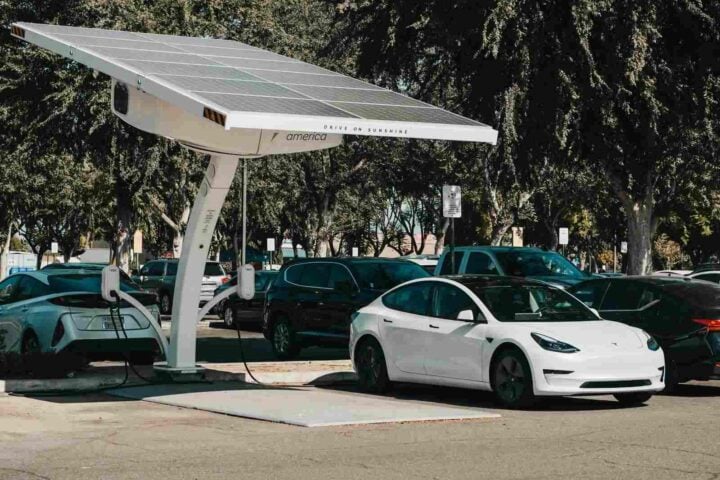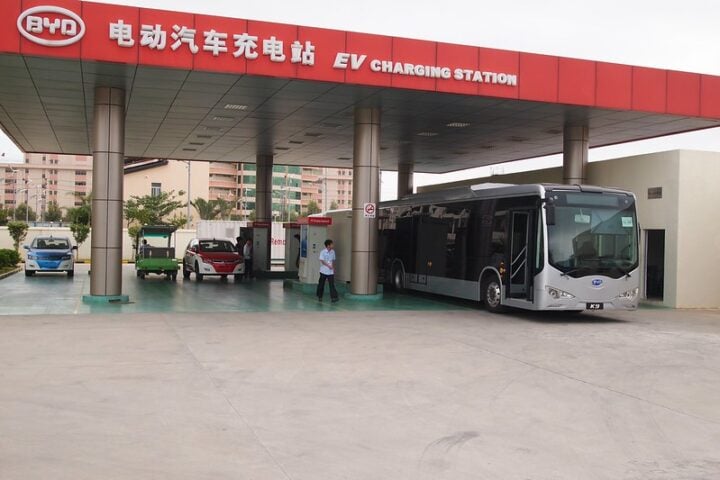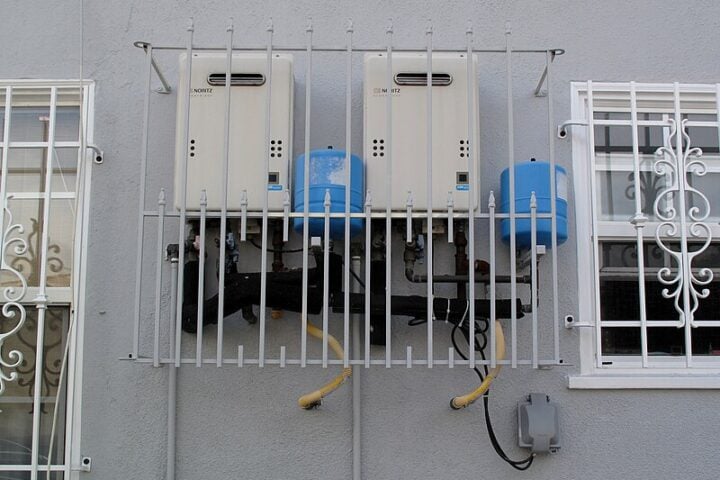According to political science professor Thea Riofrancos of Providence College, the batteries used in electric vehicles are made of various mined materials that can result in adverse environmental impacts. She highlighted the lithium mining industry as particularly concerning, citing issues like water usage and contamination, biodiversity loss, and social impacts on Indigenous peoples and their territories. Quesation to improve how we maximizing mobility & minimizing mining & an expert’s plan for electric vehicle batteries to reduce environmental impact by Thea Riofrancos, Providence College Political Science Professor.
Riofrancos, who authored the report “Achieving zero emissions with more mobility and less mining,” projects that the demand for lithium in the US electric vehicle market alone could triple global production by 2050. This could lead to an increase in individual lithium mines, each having its own negative environmental and social effects. To address this, Riofrancos suggests exploring alternative modes of transportation such as buses, light rail, cycling, and walking, and prioritizing recycling efforts.
According to Riofrancos, boosting battery recycling holds great potential for reducing the environmental impact caused by lithium mining for electric vehicles. In a best-case scenario, lithium demand could be reduced by as much as 92%. Riofrancos believes that it is crucial to consider a comprehensive approach to designing the transportation sector that balances the need for mobility with the elimination of harmful mining practices.


















